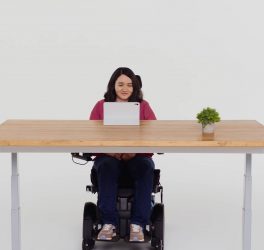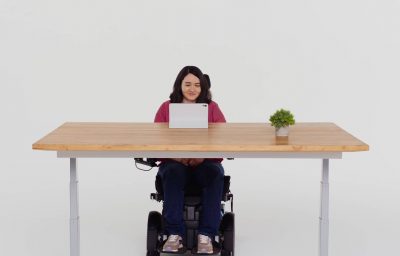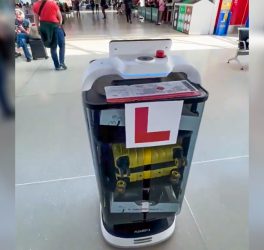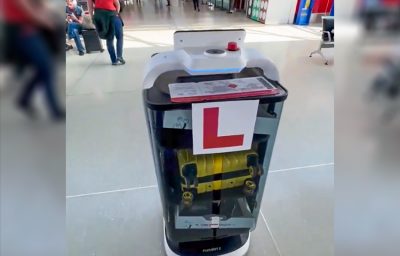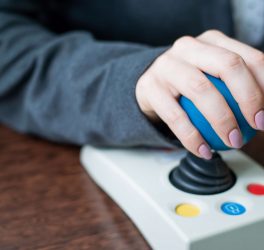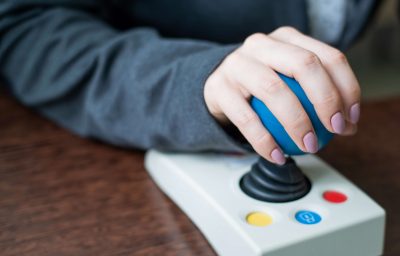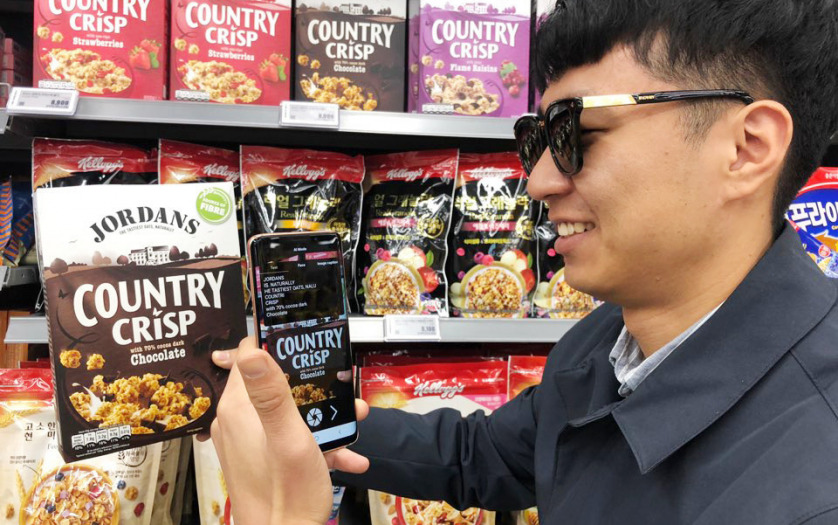
Korean software development company TUAT has launched an app called Sullivan Plus that provides users who are blind or have low vision information about their surroundings using smartphone cameras.
Sullivan Plus is an app exclusively for users with vision disabilities to help them navigate city streets or find their destinations by giving AI-based voice guidance through text and facial recognition and description of images or objects.
The app’s seven services are available in Korean, Chinese, English, Japanese, Russian and Spanish.
“Due to advancements in artificial intelligence, we can now enable smartphones to provide visual support to the visually impaired. We will endeavor to make it better and more user-friendly.” said Cho Soo-won of TUAT.
The app can be downloaded on Google Play and App Store.

